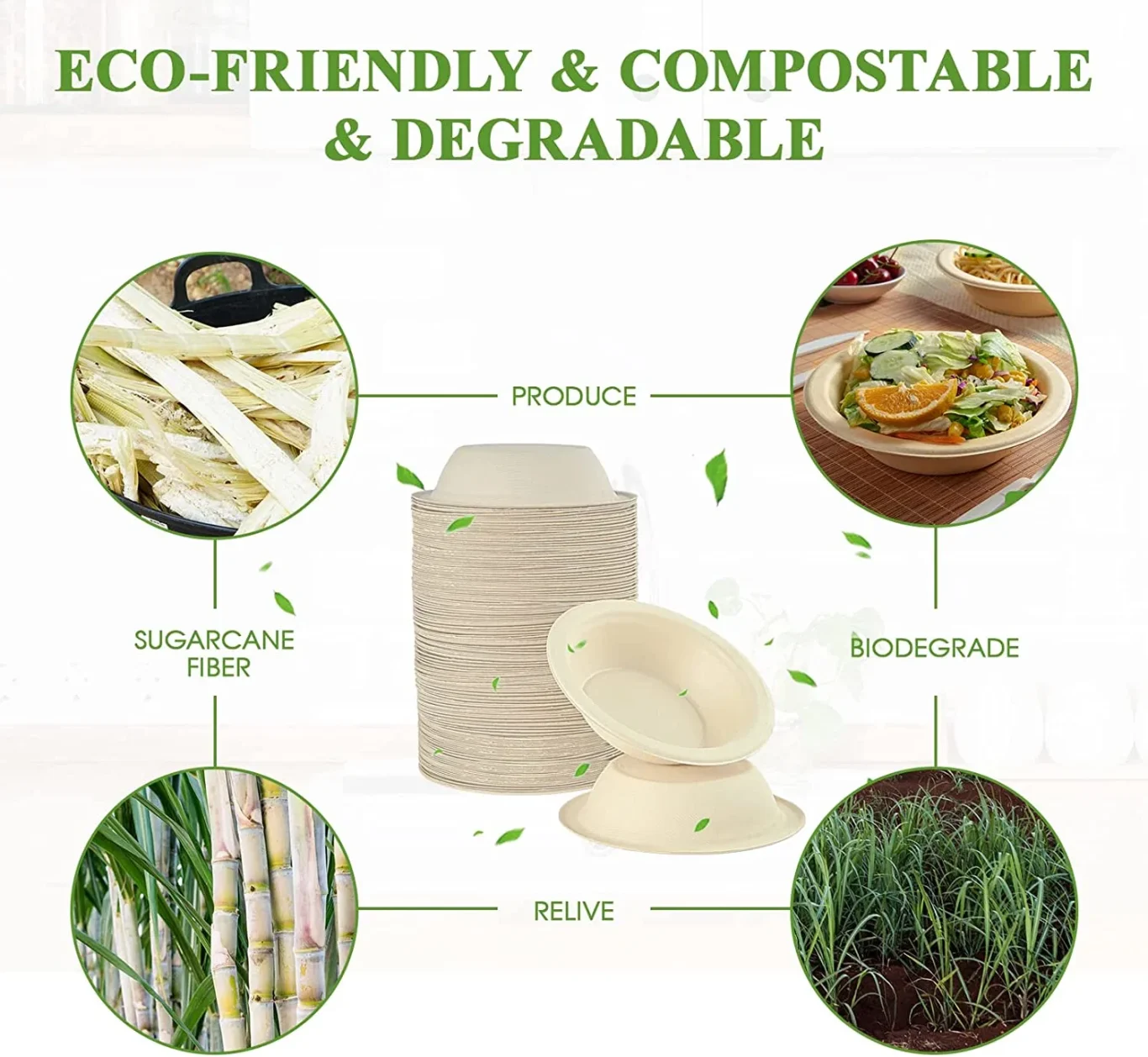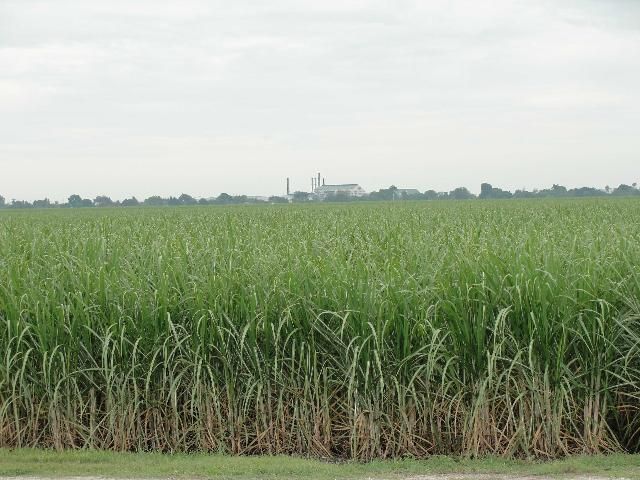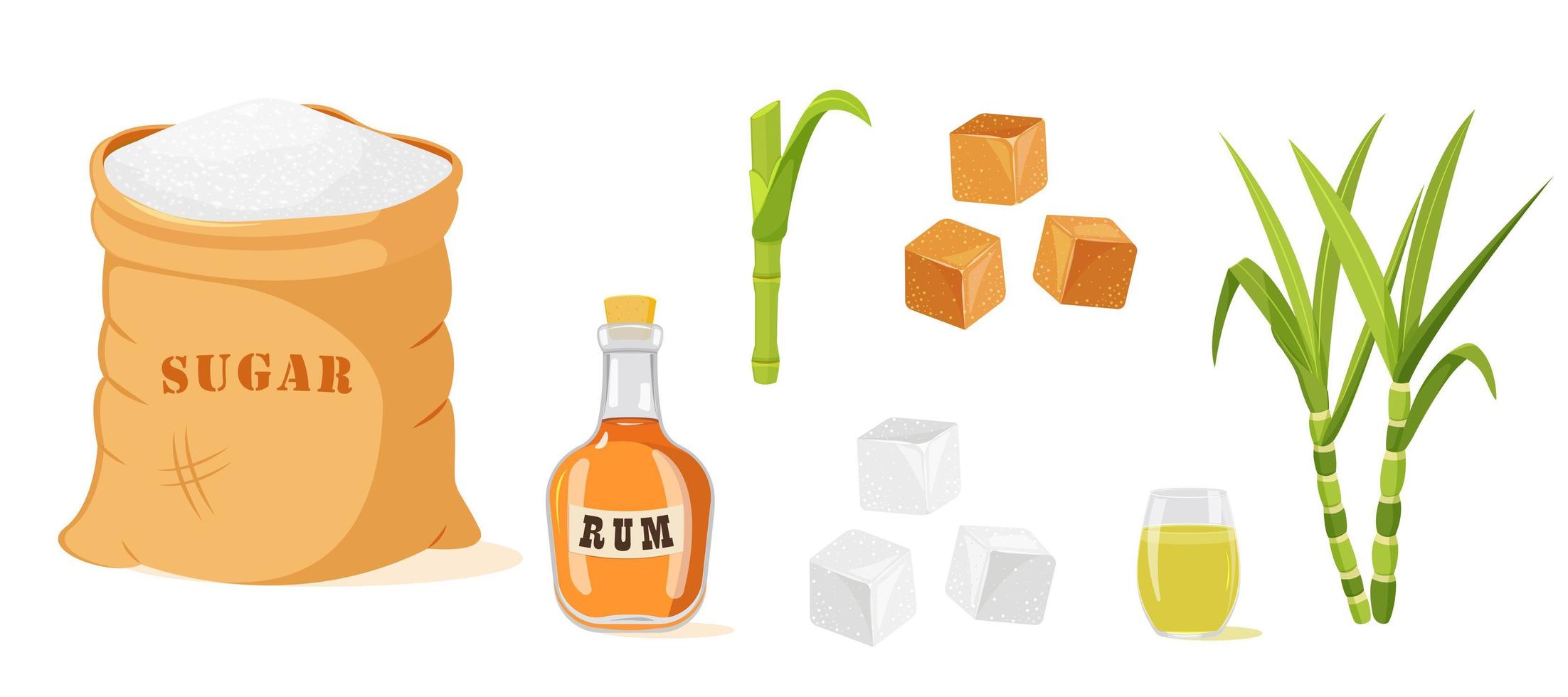From Sugarcane Product to Alternative Fuels: The Multiple Uses of Sugarcane
From Sugarcane Product to Alternative Fuels: The Multiple Uses of Sugarcane
Blog Article
Lasting Sugarcane Products: From Sweeteners to Eco-Friendly Product
The capacity of lasting sugarcane products prolongs past traditional sugar to encompass a variety of green products, providing a compelling situation for their combination into modern-day consumer methods - sugarcane product. As the world faces pushing ecological concerns, sugarcane arises as a flexible source with the ability of resolving both dietary requirements and sustainability objectives. This discussion will certainly check out how innovations in sugarcane farming and handling can bring about significant developments in eco-friendly packaging and eco-conscious fabrics. What effects might these advancements have for future consumer options and environmental influence?
Overview of Sugarcane Sustainability
As the need for eco pleasant items expands, recognizing sugarcane sustainability becomes significantly essential. Sugarcane, a functional plant, is cultivated mainly in subtropical and exotic regions, and its sustainability is critical for both environmental wellness and financial practicality. Sustainable sugarcane farming techniques concentrate on decreasing ecological effect while maximizing performance and profitability.
Secret elements of sugarcane sustainability include effective land use, lowered chemical input, and improved water administration. Practices such as plant rotation, incorporated parasite management, and natural fertilizing add to soil wellness and biodiversity. Additionally, cutting-edge innovations, such as precision farming, aid optimize resource usage and minimize waste.
In addition, sugarcane is a sustainable source, with byproducts that can be used in various sectors, from biofuels to biodegradable plastics, consequently minimizing dependence on fossil fuels and reducing carbon impacts. Certifications like the Bonsucro conventional motivate sustainable methods across the supply chain, advertising openness and accountability.

Sugarcane-Based Sweeteners
Utilizing sugarcane as a key resource, sugarcane-based sugar have actually obtained prestige as natural options to polished sugars and sweetening agents (sugarcane product). These sweeteners, originated from the removal and handling of sugarcane juice, supply a variety of items that accommodate diverse customer choices, including natural and minimally refined choices
Among the most remarkable sugarcane-based sugar are raw cane sugar, panela, and molasses. Raw cane sugar keeps more of the natural flavors and nutrients found in sugarcane, making it a favored choice for health-conscious customers. Panela, a standard Latin American sweetener, is produced by evaporating sugarcane juice, maintaining its natural minerals and vitamins. Molasses, a result of sugar removal, is rich in antioxidants and essential nutrients, serving as a nutritious sweetening representative in numerous cooking applications.
The expanding demand for sugarcane-based sugar is driven by enhancing awareness of health and sustainability issues linked with conventional sweeteners. By choosing sugarcane-derived products, consumers not only sustain sustainable farming methods yet additionally contribute to a healthier lifestyle, aligning their dietary selections with their environmental worths.
Biodegradable Product Packaging Solutions
Becoming a viable choice to traditional plastics, eco-friendly packaging options stemmed from sugarcane are transforming the product packaging sector. These ingenious materials supply an eco-friendly alternative that resolves the growing problems over plastic contamination. Using the all-natural sugars located in sugarcane, manufacturers are creating different forms of biodegradable packaging, consisting of movies, containers, and wraps that break down a lot more quickly than conventional plastics.
The primary advantages of sugarcane-based product packaging lie in its renewable sourcing and its capability to break down right into safe results. Unlike fossil fuel-derived plastics, which can continue in the environment for centuries, sugarcane product packaging typically decays within a couple of months under appropriate conditions. This decrease in waste not only mitigates landfill overflow yet likewise decreases the carbon impact related to product packaging materials.
Moreover, sugarcane-derived packaging preserves robust efficiency features, offering similar longevity and functionality to conventional alternatives. As customers and businesses significantly prioritize sustainability, the fostering of naturally degradable product packaging remedies stands for a considerable step in the direction of a circular economic climate, where products are reused and regenerated instead of thrown out. This change not just enhances brand photo yet also adds to a more sustainable future for the earth.
Eco-Friendly Textiles and Fabrics
Environment-friendly fabrics and fabrics are acquiring traction in the fashion and home goods sectors as check that consumers significantly require read more sustainable options to typical products. Among the noteworthy options are fabrics stemmed from sugarcane, which provide an environmentally accountable alternative to artificial fibers. These textiles are produced via a process that uses the renewable energies found in sugarcane, substantially lowering dependence on petroleum-based products.

Brand names are progressively integrating environment-friendly textiles right into their product lines, reflecting a wider commitment to sustainability. This shift is not merely a fad however a needed advancement in response to environmental issues. As the market for sustainable textiles expands, consumers can expect innovative layouts that incorporate style with ecological responsibility. Eventually, green fabrics and fabrics stand for a substantial action towards reducing the apparel industry's ecological footprint while providing to the expanding demand for liable customer selections.
Advancements in Sustainable Farming
Revolutionizing farming practices, developments in sustainable farming are changing the method crops are expanded and taken care of. These advancements concentrate on decreasing ecological influence while making the most of effectiveness and productivity. Methods such as precision agriculture use information analytics and satellite imagery to enhance resource usage, making sure that water, fertilizers, and chemicals are applied just where needed. This targeted method not just lowers waste but also enhances plant returns.

Furthermore, agroecology, which incorporates environmental principles into farming, promotes biodiversity and soil health. Practices such as plant turning, cover chopping, and intercropping foster resistant ecological communities that can endure parasites and climate variations - sugarcane product. Additionally, making use of natural plant foods and biopesticides adds to healthier soils and environments

With each other, these technologies are not just improving the agricultural landscape but also contributing to a more lasting future for sugarcane and various other plants, lining up agricultural experiment environmental stewardship.
Conclusion
Sustainable sugarcane products represent a substantial improvement in eco-friendly options, spanning from all-natural sweeteners to eco-friendly goods. As customer preferences go to my blog significantly lean towards sustainable alternatives, the flexibility of sugarcane as a sustainable source ends up being progressively relevant.
The potential of lasting sugarcane items expands past typical sweeteners to include an array of environmentally friendly items, presenting a compelling situation for their assimilation into contemporary customer practices. Sustainable sugarcane farming methods concentrate on decreasing ecological impact while taking full advantage of productivity and earnings.
Lasting sugarcane items stand for a significant advancement in environmentally friendly options, extending from all-natural sweeteners to naturally degradable products. The farming of sugarcane via lasting techniques not only improves environmental health and wellness yet also contributes to financial viability. As consumer preferences increasingly lean towards lasting alternatives, the convenience of sugarcane as a renewable source comes to be significantly pertinent.
Report this page